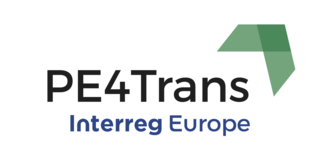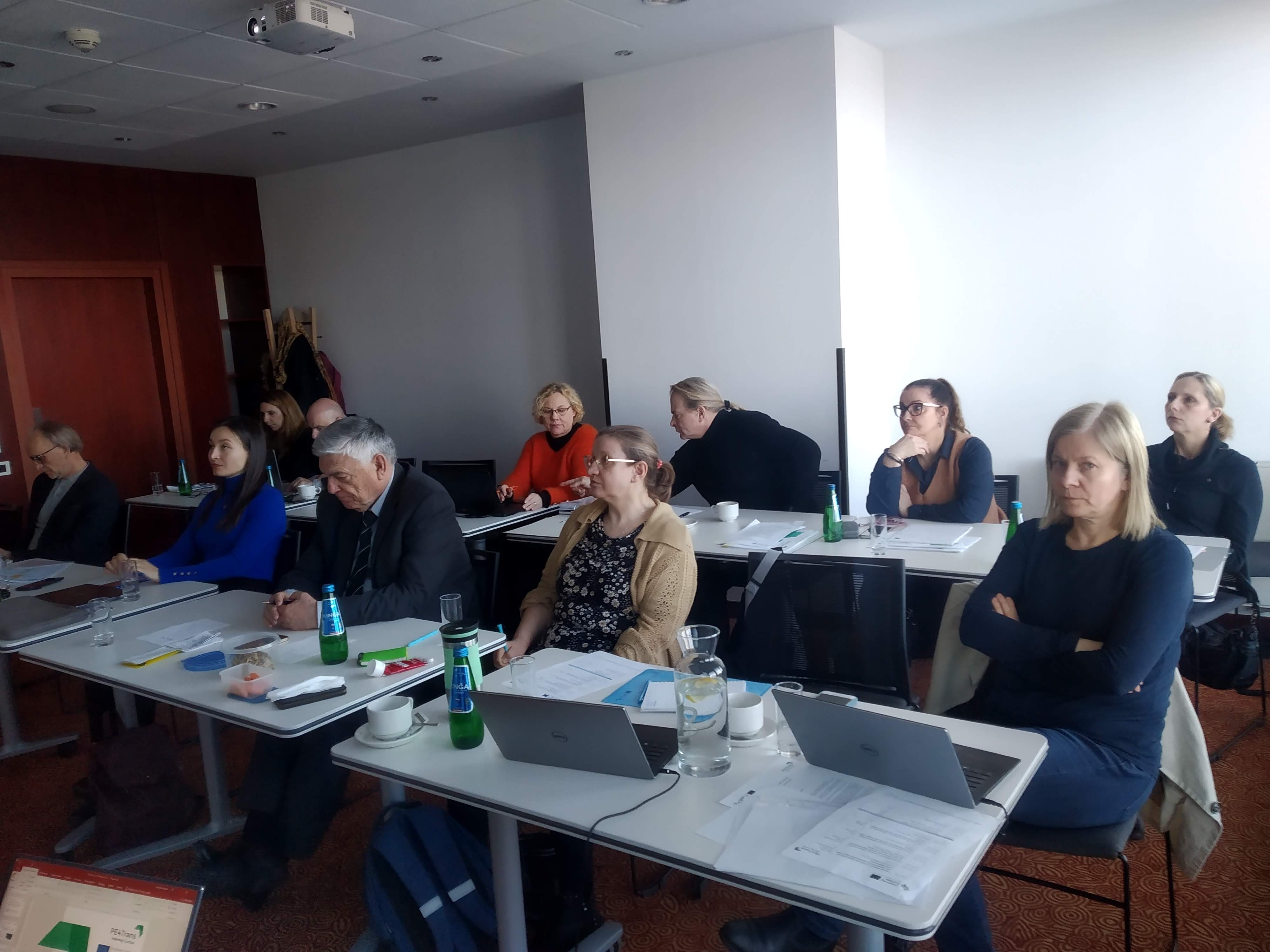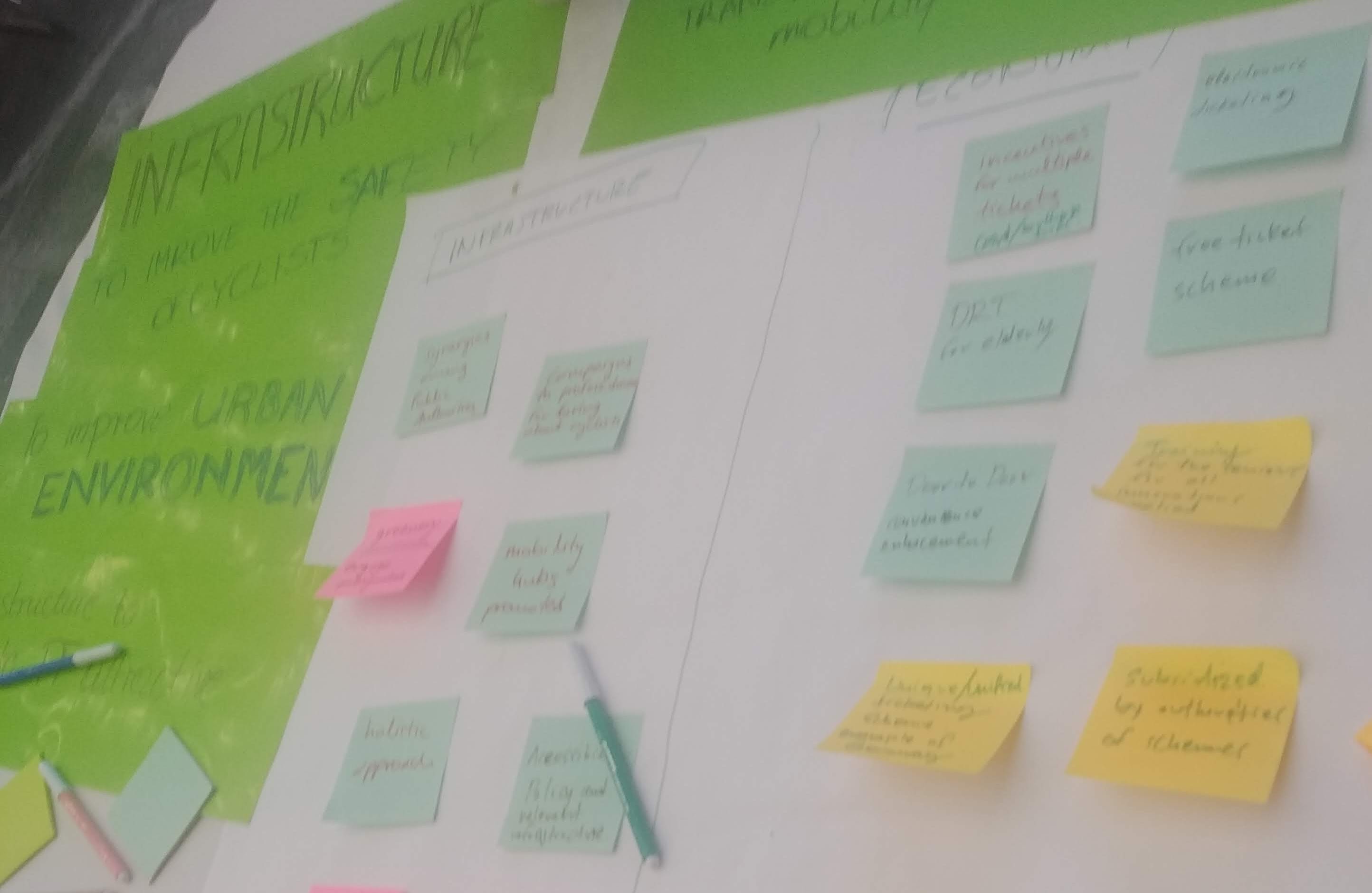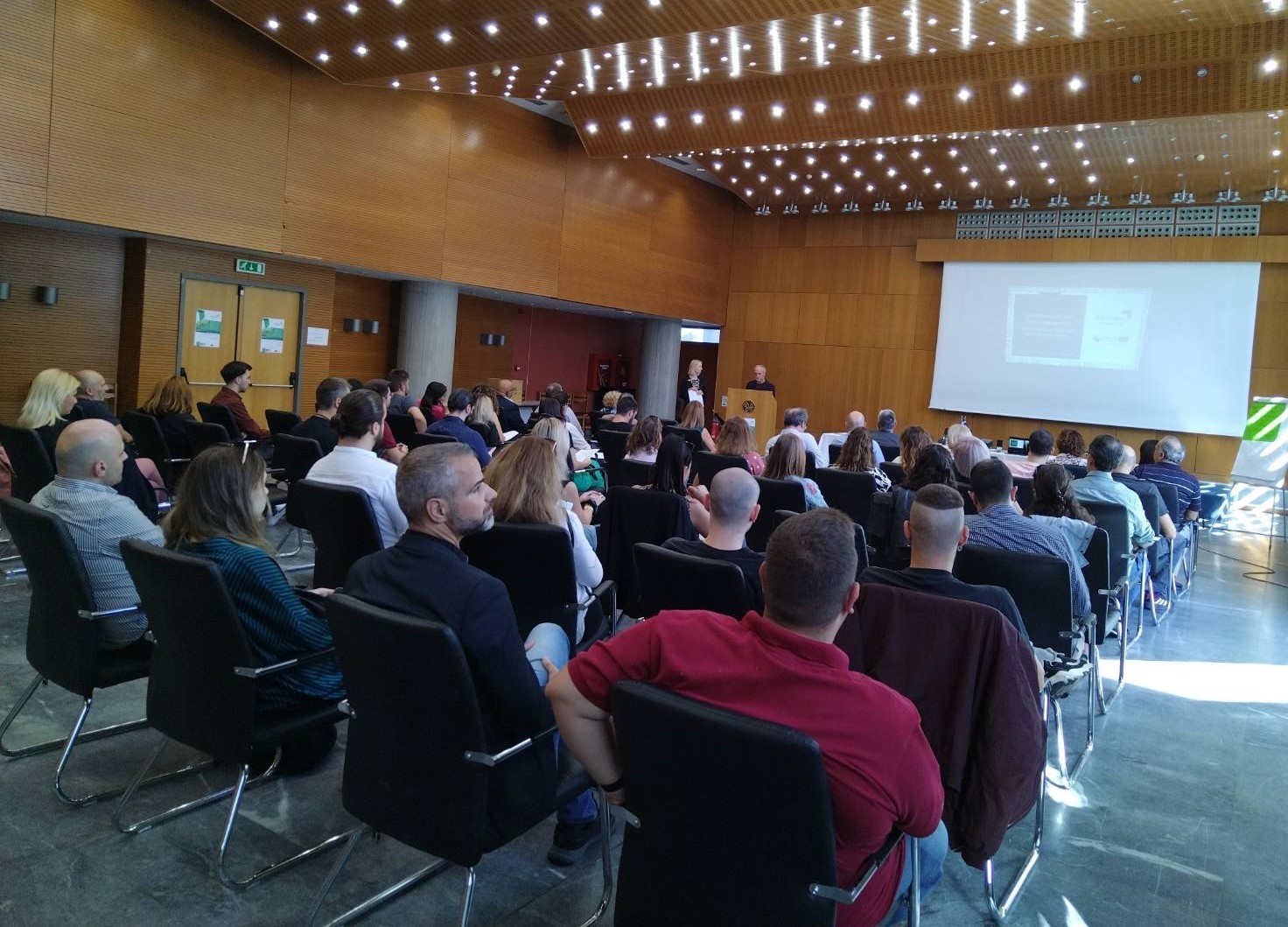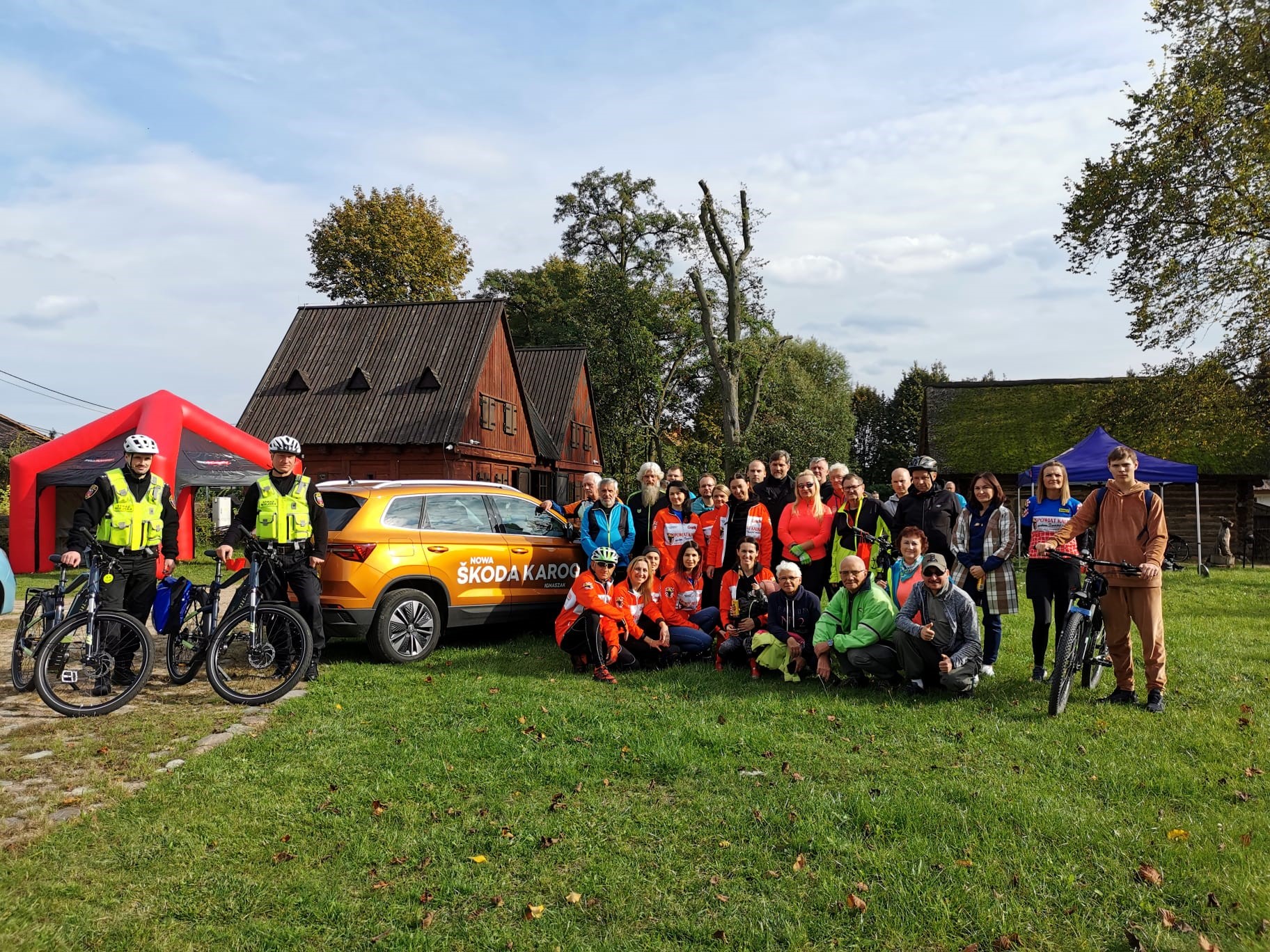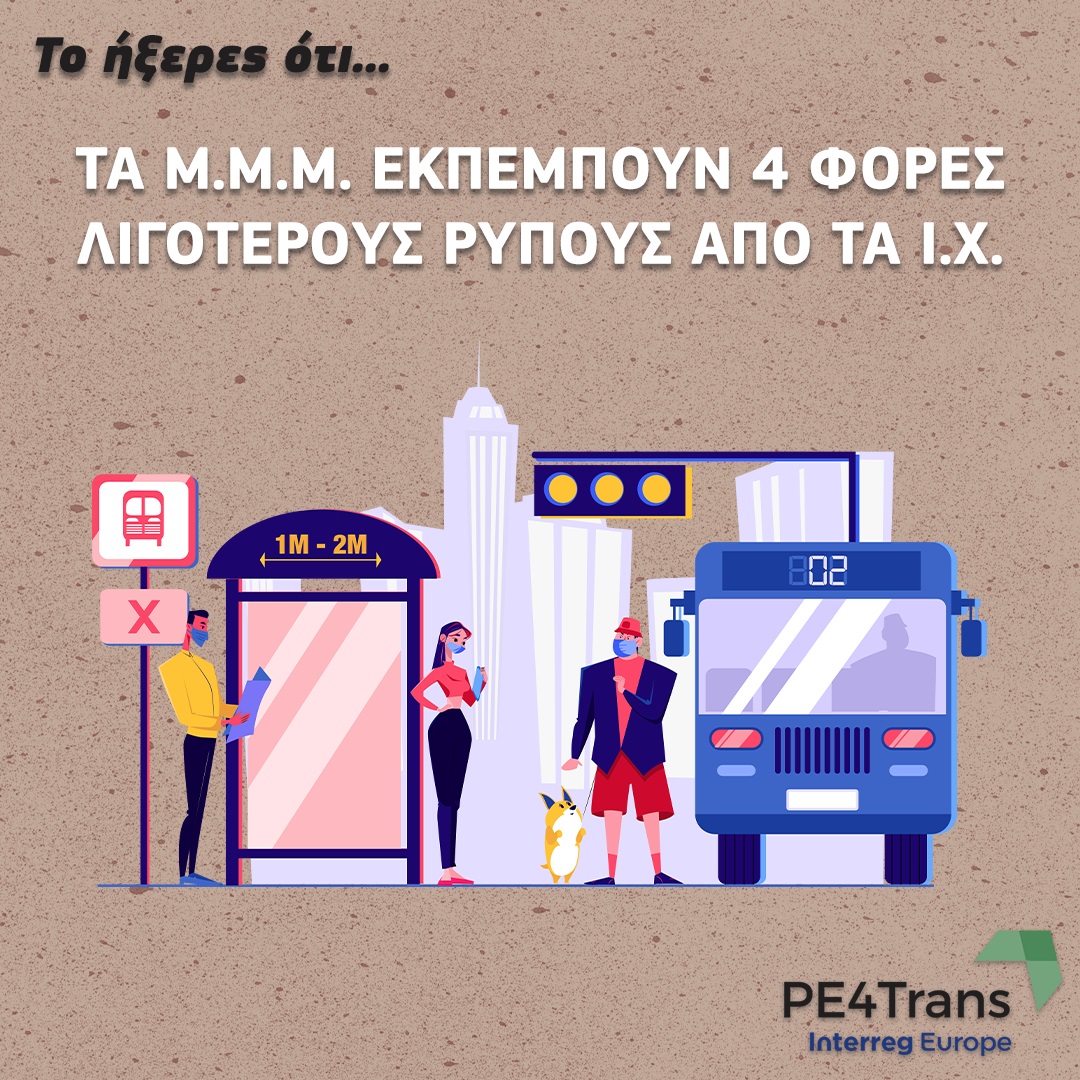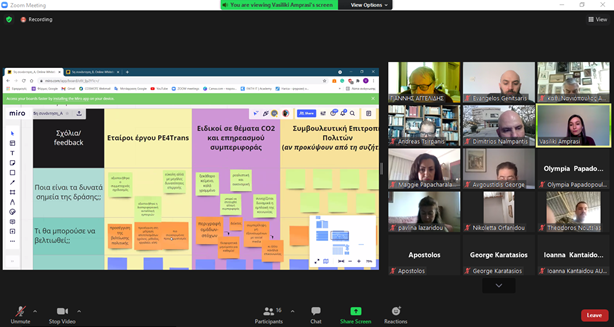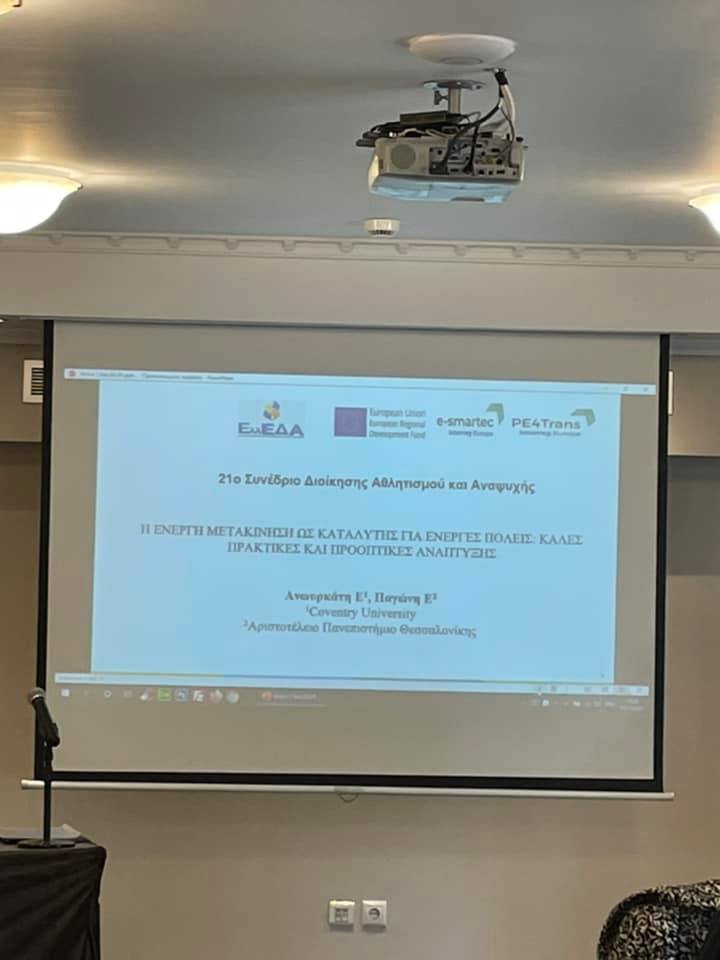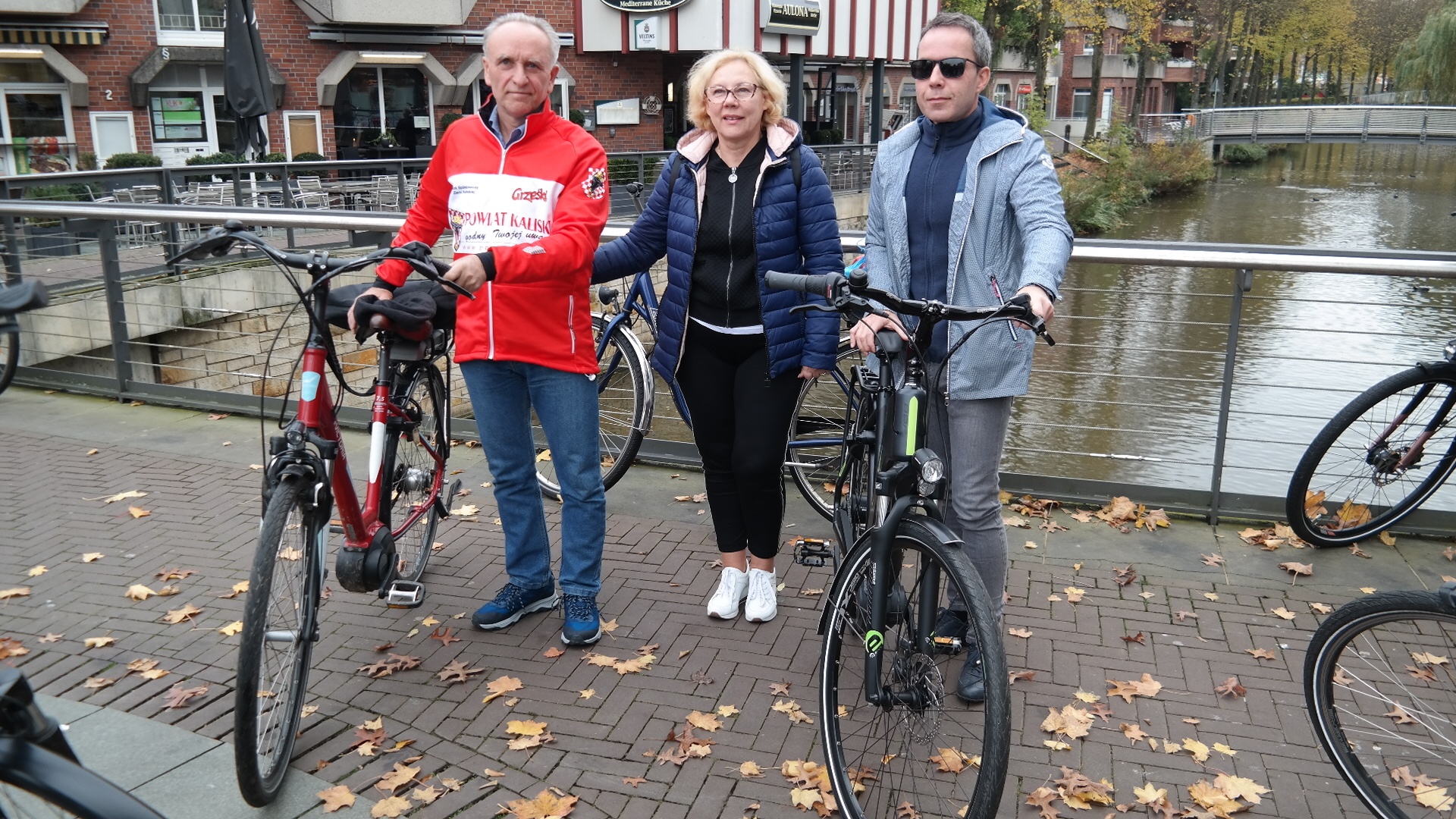On Monday June 10, 2019 the second PE4TRANS project citizen workshop took place at the Valladolid City Council's Innovation and Economic Development Agency.
This meeting of the panel had the format of interactive workshop, in which a panel varied in terms of age, gender, family and work situation, formed by 12 people.
Participants worked in a creative way on five main transport challenges defined during the first citizen panel in November 2018. The main transport challenges are:
- improving living standards with better transport and mobility solutions
- transformation of economical risks of low carbon economy into opportunities
- encouragging public engagement
- integration of fragmented policies & initiatives into common public transport systems
- influencing the citizen behaviour in favour for environment friendly transport
The next step to take was identification the shared personal values that were behind each challenge and listing the specific issues that were behind each challenge.
Then in each group the individual work of each member was put in common, reaching an agreement in the definition of the concrete problems and agreeing the values behind each challenge. With a prioritization through voting, there were three components identified as the most interesting to work on:

The improvement of health as a risk to transform into an opportunity in the transition to a low carbon economy
It is found in the work of the groups that this component is mediated by the habits of immediacy and apparent comfort that end up being unhealthy. To a large extent, these habits are the product of the current economic system.
There is an opportunity related to the promotion of the pedestrian mode of transport: promoting this mode as healthy and placing the pedestrian at the centre of road design can help to promote it.
The vulnerable or with different disabilities can find a barrier in the promotion of pedestrianism, which should be mitigated by thinking of ways of accompanying and promoting micro economies of proximity. In this sense, there are opportunities for liaison for the taxi sector, which may also have, like the logistics sector, fear of the cost of adaptation, but may have an opportunity if it transitions to a mobility paradigm that allows the shared use of the taxi.

The focus on rewarding behaviour as a means to encourage citizen participation from public authorities.
We must take into account our bias by considering ourselves more altruistic than we really are. We value money and our time a lot. We need participation to be fun, to see the results of participating and to fight against short-termism. Prizes should not only have an economic focus.
Going through different actors involved in this component we identify the people who already participate, to whom their work should be recognized, as well as keep them informed. People who do not participate can choose not to do so due to distrust or lack of incompatible time or schedules. They also operate in them ignorance and neglect.
Public administrations should systematize participation, thank participants for their work in some way, evaluate the proposals they receive and think about dynamics that encourage competition, both between individuals and between groups. Participation must also happen within companies.
The creation of a physical-digital medium as an umbrella for the integration of the different unconnected initiatives that seek to improve sustainable mobility.
An information umbrella should help solve problems of territorial coordination, unifying payment points for transportation and information for the choice of modes and routes.
The integration is important because of the need to use several modes of transport for each stage of the same trip, and also for the different needs and life situations of each person. In addition to the digital level, there must be physical channels that reach the neighbourhoods, both in the form of offices where the service is provided and through information campaigns of mail and signage.
Tourists are important actors to consider, considering that they can demand to plan their trips in advance, using their smartphone once they are at the destination, and considering their need to manage the luggage they carry.
People with reduced mobility could use this umbrella to request transport on demand, select adapted buses or plan their needs for help and support.
Transport operators have an opportunity in the use of these tools, since, although they will have to incur costs to adapt to it, they will be able to obtain valuable information for their planning and will be able to better respond to specific events of a massive nature.
Regarding the companies responsible for managing the payment for the use of transport, there is a relative risk to the dependence of these and the use they can make of the data.
